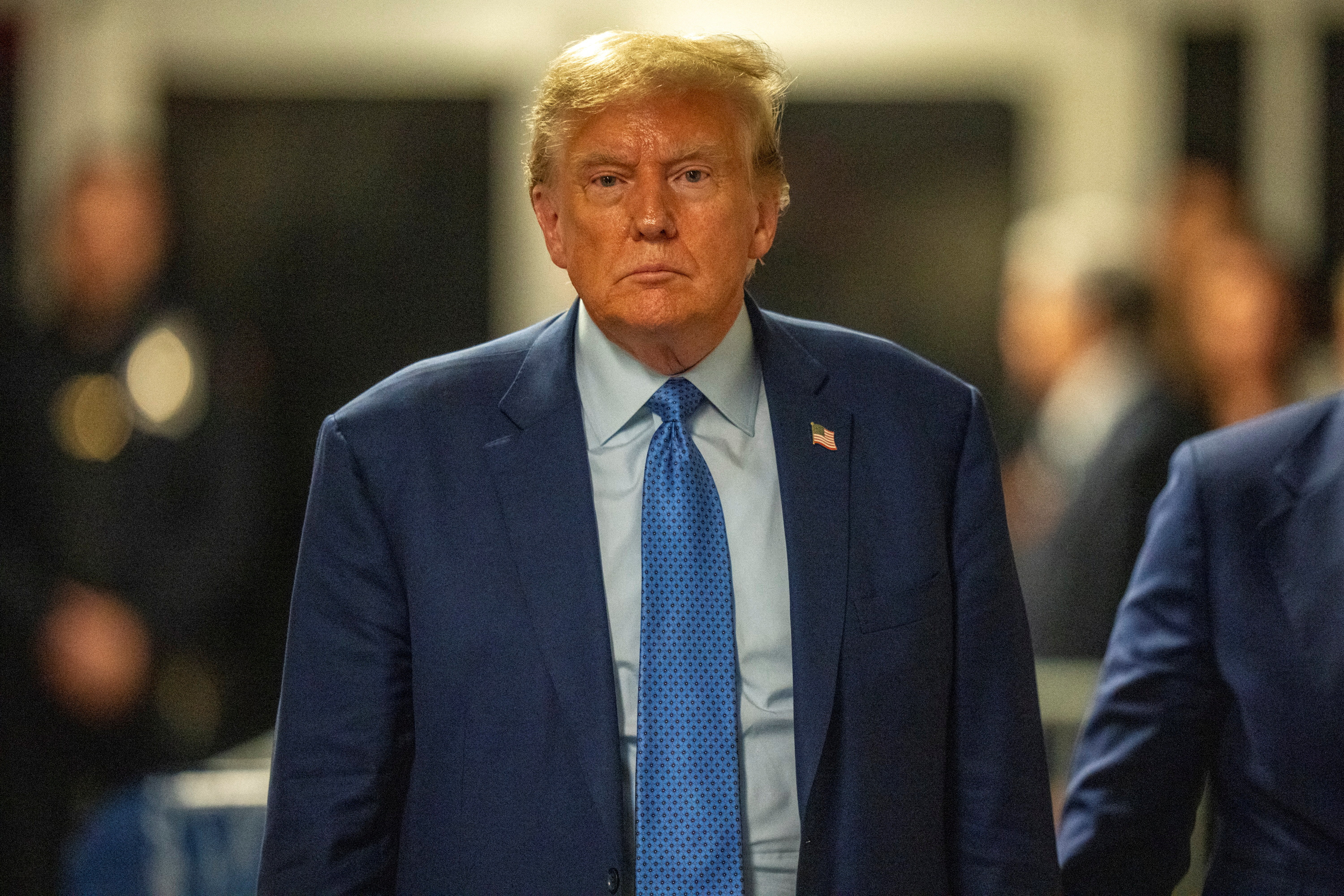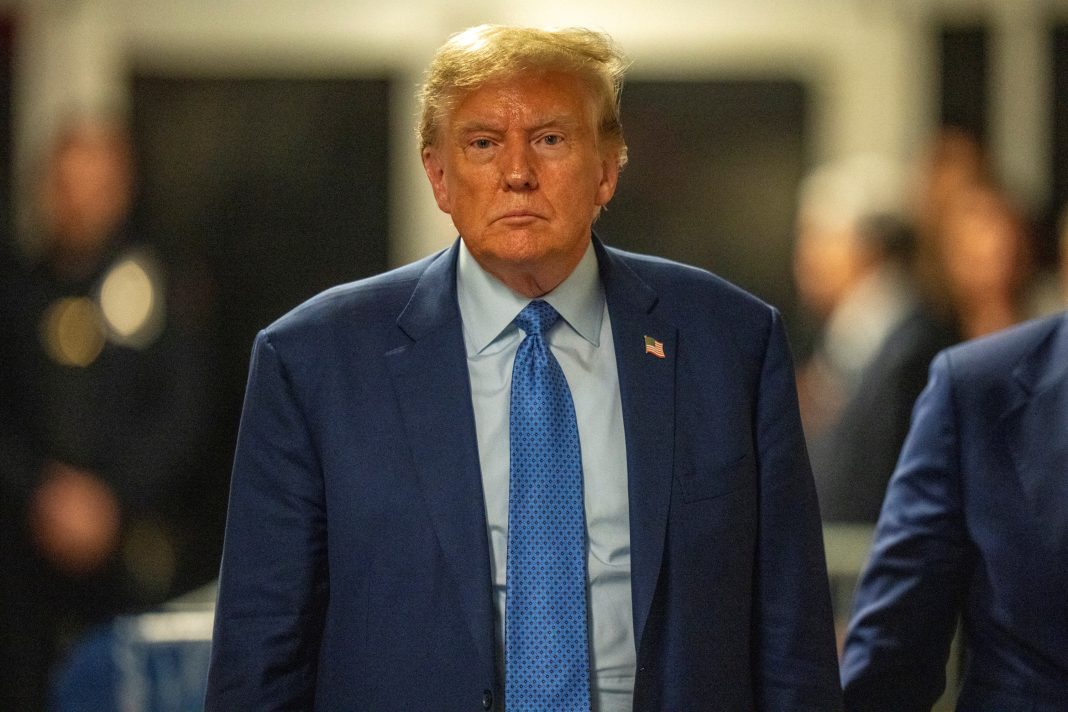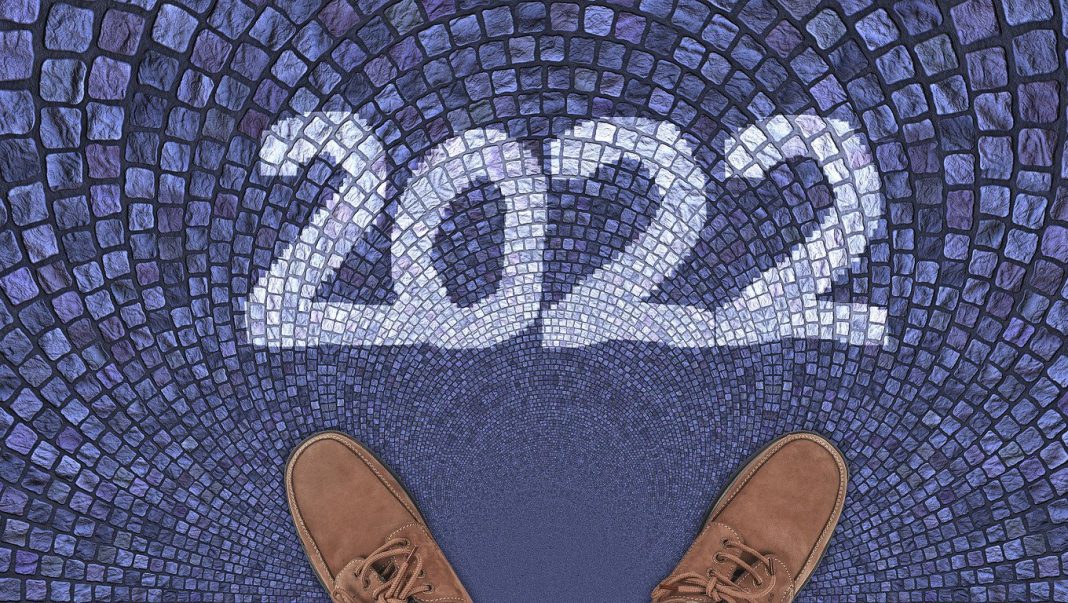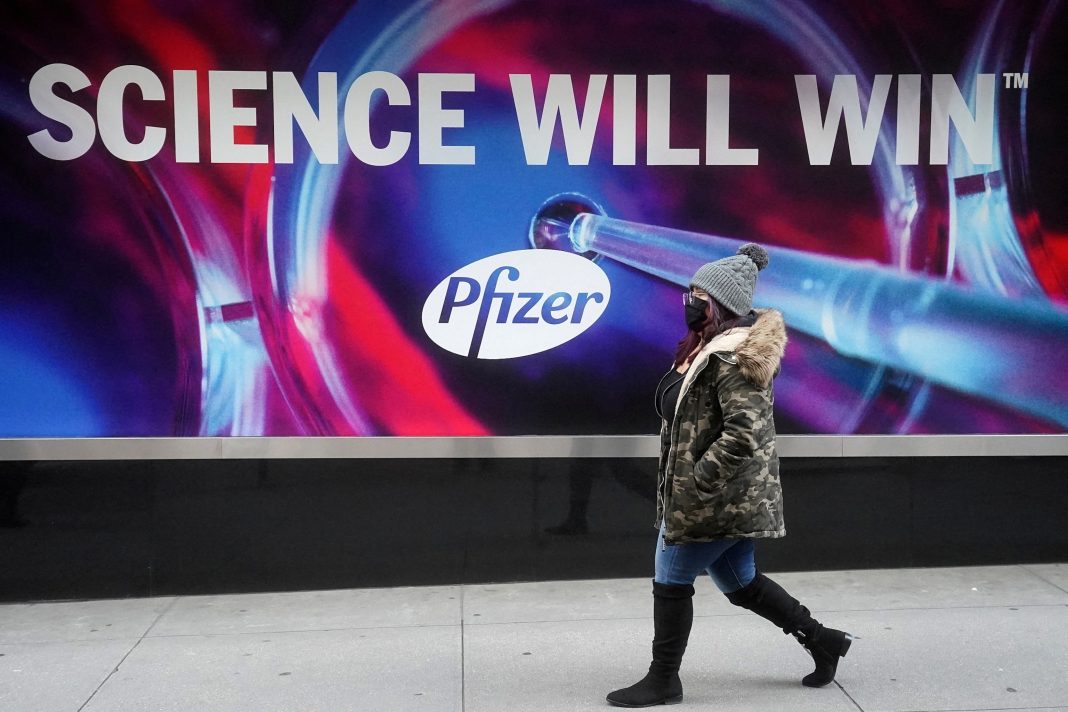 Trump’s Request to Dismiss Hush Money Conviction Raises Questions of Presidential Immunity
Trump’s Request to Dismiss Hush Money Conviction Raises Questions of Presidential Immunity
In a recent development, former President Donald Trump has demanded the dismissal of his hush money conviction, citing presidential immunity as the basis for his request. This move has sparked a debate about the extent of a president’s immunity from criminal prosecution while in office.
Background on the Hush Money Conviction
The hush money conviction refers to Trump’s involvement in payments made to two women who claimed to have had affairs with him. These payments were made just before the 2016 presidential election and were intended to keep the affairs secret. Trump’s former lawyer, Michael Cohen, pleaded guilty to campaign finance violations in connection with these payments.
Trump’s Argument for Presidential Immunity
Trump’s legal team argues that as the President of the United States, he is immune from criminal prosecution while in office. They claim that this immunity extends to actions taken before and during his presidency, including the hush money payments.
The Debate Surrounding Presidential Immunity
The concept of presidential immunity has long been a topic of debate among legal scholars. While presidents have traditionally been shielded from civil lawsuits while in office, the question of whether this immunity extends to criminal prosecutions is less clear.
Some legal experts argue that a sitting president should be immune from criminal prosecution in order to protect the functioning of the executive branch. They argue that subjecting a president to criminal charges could distract from their duties and potentially lead to abuses of power.
On the other hand, critics of presidential immunity argue that no one, including the president, should be above the law. They argue that allowing a president to escape criminal prosecution could set a dangerous precedent and undermine the principles of accountability and transparency.
Precedents and Legal Opinions
While there is no definitive answer to the question of presidential immunity, there are precedents and legal opinions that shed light on the issue. The Supreme Court has ruled that a president can be sued for actions taken before taking office or unrelated to their official duties. However, they have not specifically addressed whether a president can be criminally prosecuted while in office.
Legal scholars have also weighed in on the issue. Some argue that the Constitution does not grant presidents absolute immunity from criminal prosecution, while others believe that the presidency itself provides a level of protection from such proceedings.
The Impact of Trump’s Request
Trump’s request to dismiss his hush money conviction based on presidential immunity raises important questions about the limits of executive power. The outcome of this case could have far-reaching implications for future presidents and the balance of power between the executive, legislative, and judicial branches of government.
It remains to be seen how the courts will rule on Trump’s request and what impact their decision will have on the interpretation of presidential immunity. This case serves as a reminder of the ongoing debates surrounding the powers and limitations of the presidency, and the importance of upholding the principles of justice and accountability in our democratic system.


